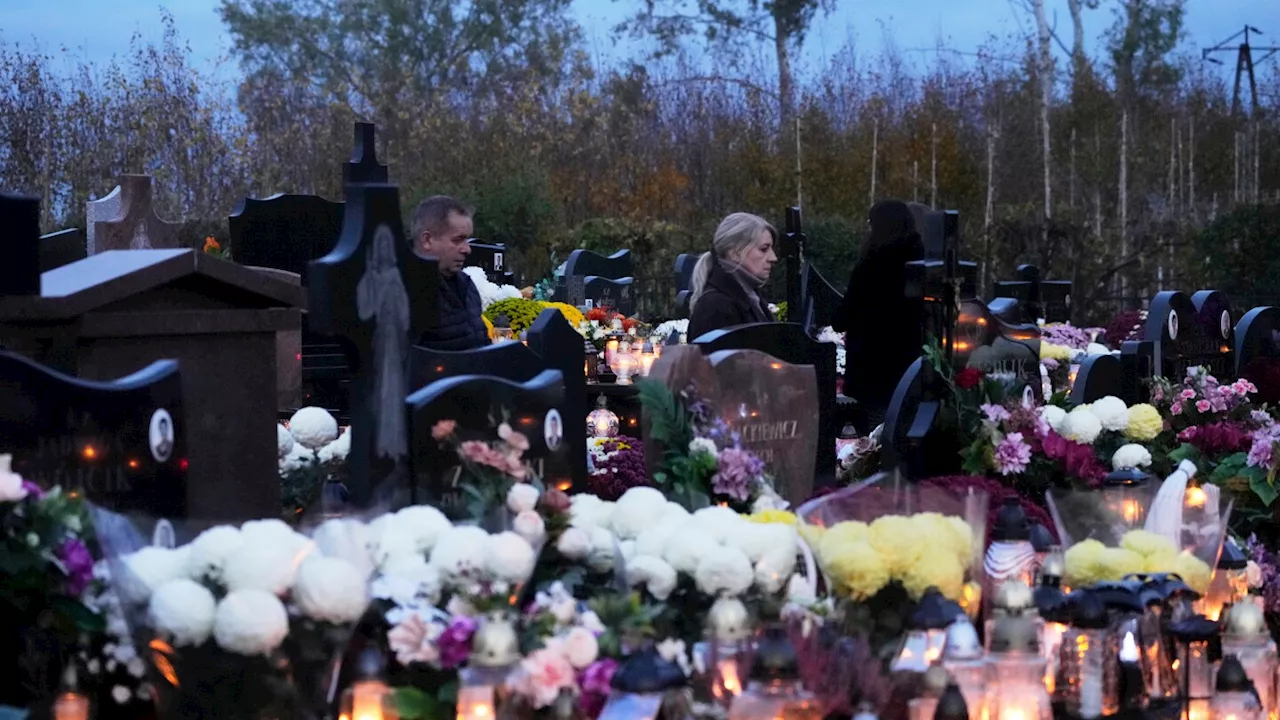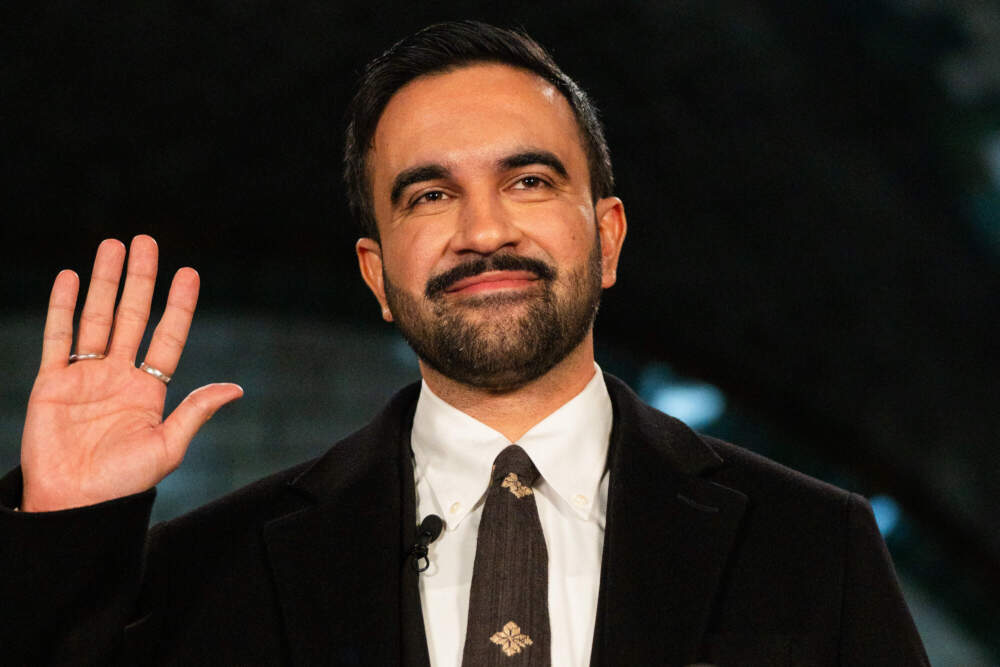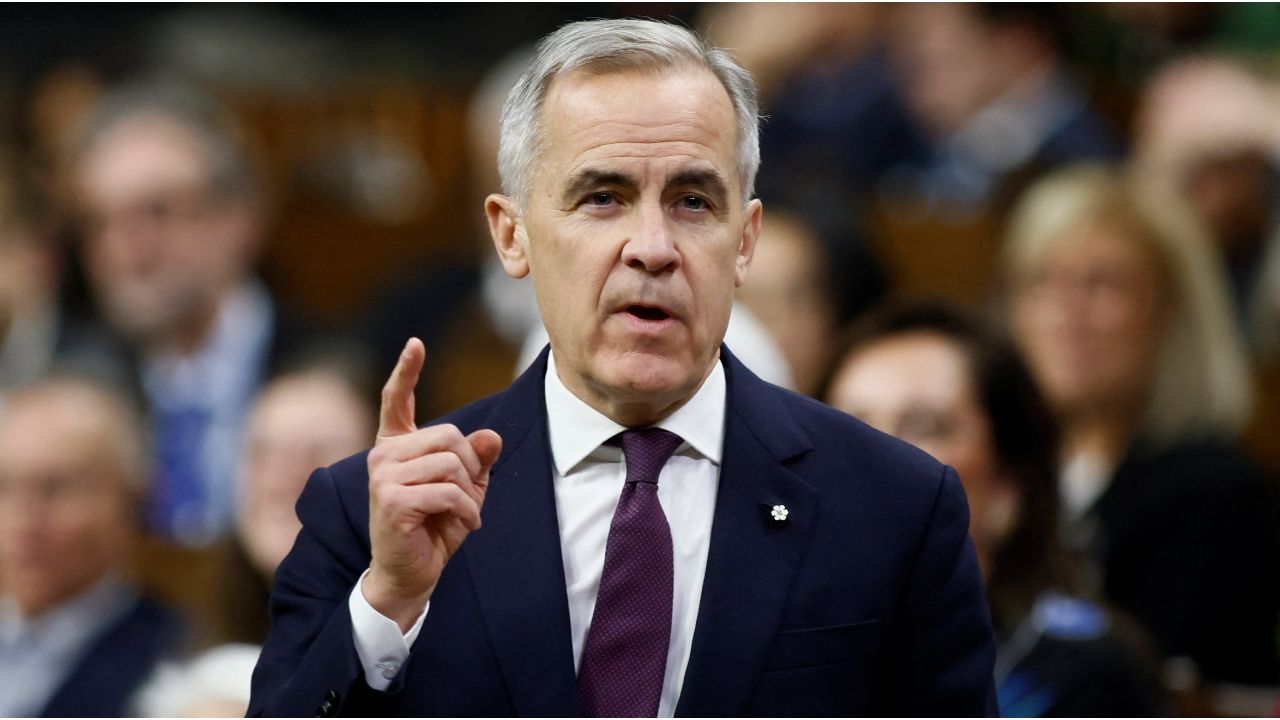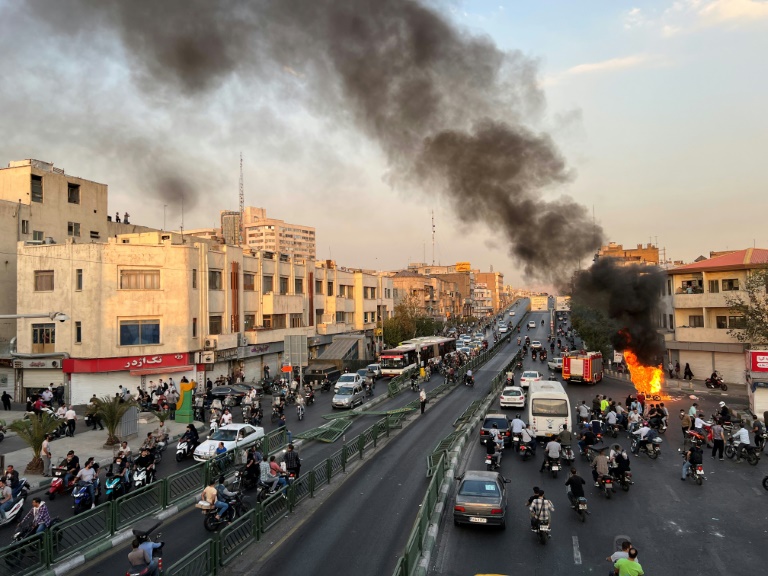Recent headlines have highlighted significant developments in global politics, economics, and social issues. Notably, former U.S. President Donald Trump threatened potential military action against Nigeria, raising alarms regarding the treatment of Christians in the country. Concurrently, Berkshire Hathaway reported a remarkable 17% increase in profits as Warren Buffett prepares to step down as CEO. These stories, along with other notable events, provide insight into crucial national and international dynamics.
Trump’s Threat and Rising Concerns in Nigeria
In a recent statement, Trump declared Nigeria a “country of particular concern” due to escalating claims of Christian persecution and violence. This announcement has intensified discussions about U.S. foreign policy in Africa and the implications of military intervention. The former president’s remarks come amid a broader scrutiny of Nigeria’s handling of religious violence, which has drawn criticism from various human rights organizations.
The ongoing situation raises critical questions about humanitarian aid and the role of foreign intervention. As the U.S. grapples with these issues, many are left wondering how far the current administration might go to address the alleged abuses.
Berkshire Hathaway’s Profit Surge Amid Economic Challenges
In corporate news, Berkshire Hathaway announced that its profits rose by 17% in the third quarter of 2023, largely attributed to a relatively mild hurricane season and gains from paper investments. This financial boost comes as Warren Buffett, the company’s legendary CEO, prepares to pass the leadership baton to Vice Chair Greg Abel in January 2024.
Buffett’s strategic investments, including a recent $9.7 billion stake in OxyChem, have positioned the company favorably despite broader economic uncertainties. Analysts view this transition as critical for Berkshire Hathaway, especially given Buffett’s influence on the company’s long-term vision.
In other news, concerns are growing over the federal food aid program in the United States as a government shutdown looms. With negotiations stalling, many fear the impact on vulnerable populations relying on these essential services. The situation reflects a broader struggle within Congress to reach a consensus on budgetary issues.
Legal complications are also surfacing. A Michigan attorney has publicly stated that a purported Halloween terror plot, previously highlighted by FBI Director Kash Patel, never existed. This revelation has sparked discussions about misinformation and public safety.
The situation in the U.S. is further complicated by recent actions from the FDA. The agency has restricted the use of fluoride supplements for children due to emerging health risks, reflecting a shift in public health policy. Meanwhile, in Hawaii, a federal judge ruled that the FDA violated the law by limiting access to abortion medication, prompting debates around reproductive rights and regulatory practices.
Global news includes the devastating impact of Hurricane Melissa, which recently struck the historic port city of Black River in Jamaica. The storm left significant damage in its wake, raising concerns about climate resilience in the Caribbean region.
As these stories unfold, they illustrate the interconnected nature of politics, economics, and social issues on both a national and global scale. The implications of Trump’s threats, Berkshire Hathaway’s financial performance, and the ongoing debates over food aid and health regulations will undoubtedly shape conversations in the weeks to come.







